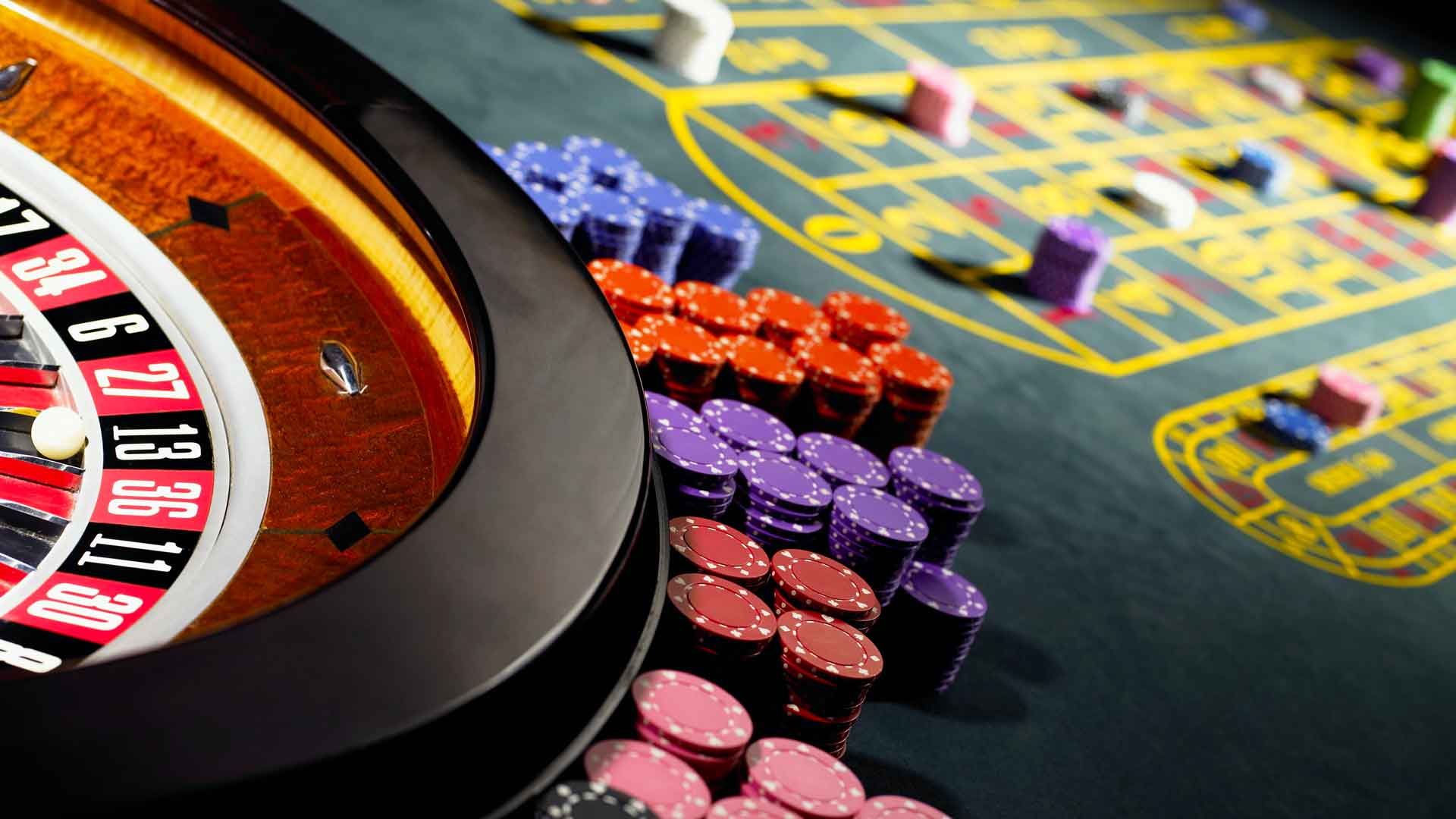From Ancient Dice to Casino Games

From Ancient Dice to Casino Games
The human fascination with chance is as old as civilization itself, a primordial urge to test fate and a desire for the thrill of the unknown. At the heart of this ancient inclination lies the humble dice, perhaps the oldest known tool used for games of chance. Archaeological discoveries have unearthed dice-like objects dating back thousands of years to ancient Mesopotamia, Egypt, and the Indus Valley, often crafted from bone, stone, or wood. These early implements weren't merely recreational; they served purposes ranging from divination and fortune-telling to deciding tribal leadership and, of course, gambling. This deep-rooted connection between humanity and the roll of the dice laid the foundational stones for what would eventually evolve into the colossal, glittering world of modern casino games.
Across diverse cultures, dice permeated daily life and entertainment. In the Roman Empire, the phrase "alea iacta est" (the die is cast) famously attributed to Julius Caesar, underscores the pervasive presence of dice in their society. Romans were avid gamblers, often engaging in public dice games, with stakes ranging from food and personal belongings to significant sums of money. Similarly, ancient Greeks, Chinese, and Indian civilizations each developed their own unique forms of dice and games, reflecting a universal appeal. These early games were often simple, relying purely on the random outcome of a throw, yet they provided a vital outlet for social interaction, competition, and the enduring human desire for risk and reward.
As societies grew more complex, so did their games. The evolution saw a gradual shift from pure chance to games incorporating elements of strategy and skill. Board games began to emerge, often utilizing dice to determine movement or outcomes, adding layers of complexity to the gameplay. Later, the invention of playing cards in Asia, spreading to Europe, marked another significant milestone. Card games introduced intricate rules, bluffing, and strategic decision-making, setting the stage for more sophisticated forms of gambling that moved beyond the binary outcomes of a single die roll. These developments were crucial in shaping the precursors to many of the casino games we recognize today.
The transition from informal street gambling to organized, regulated establishments began to take shape in Europe. The first documented public, state-controlled gambling house was the Ridotto, established in Venice, Italy, in 1638. Created to provide a controlled environment for gambling during carnival season, the Ridotto marked a pivotal moment, legitimizing and formalizing what had often been a clandestine activity. While it was initially exclusive and required formal dress, its existence paved the way for the eventual emergence of more accessible gambling dens and, eventually, the grand casinos that would define an era of luxury and entertainment.
The 18th and 19th centuries witnessed the birth and popularization of many iconic casino games. Roulette, meaning "little wheel" in French, emerged in its current form in 18th-century France, quickly becoming a staple of European gambling houses with its elegant simplicity and captivating spin. Blackjack, or "Vingt-et-Un" (Twenty-One), has debated origins but gained prominence in French casinos before crossing the Atlantic and evolving into the game we know today. Poker, arguably the most American of card games, evolved from various European games like Poque and As-Nas, solidifying its rules and popularity on Mississippi riverboats before spreading across the nation. Towards the end of the 19th century, Charles Fey's invention of the "Liberty Bell" slot machine revolutionized gambling by introducing automated play and the allure of instant, mechanical payouts, laying the groundwork for the most popular casino game worldwide.
The 20th century ushered in the golden age of casinos, with destinations like Las Vegas and Atlantic City becoming synonymous with grand entertainment and gambling. These cities transformed into sprawling resorts, offering not just games but also lavish hotels, restaurants, and spectacular shows, turning gambling into a comprehensive tourism experience. This era cemented the casino as a vibrant cultural institution, a place where fortunes could be made or lost, and where millions sought thrills and escapism.
The late 20th and early 21st centuries brought about the digital revolution, fundamentally transforming the gambling landscape. The advent of the internet in the mid-1990s gave birth to the first online casinos, allowing players to access a vast array of games from the comfort of their homes. This shift democratized gambling, making it accessible to a global audience. The subsequent rise of mobile gaming further propelled this accessibility, putting a casino in the palm of every smartphone user. Online platforms also introduced new metrics and features for players; for example, one significant metric for players evaluating online slot games is the Return to Player (RTP) percentage. This indicates the theoretical percentage of all wagered money that a slot machine will pay back to players over time. Understanding rtp m88 slot, for instance, can provide valuable insight into the long-term payout potential of specific games, guiding players towards choices that align with their gaming strategies and expectations.
Today, the casino industry is a multi-billion dollar global enterprise, continuously innovating. Land-based casinos continue to thrive, evolving with new technologies and entertainment concepts. Simultaneously, the online gambling sector pushes boundaries with virtual reality (VR) and augmented reality (AR) experiences, live dealer games that bridge the gap between digital and physical, and the integration of cryptocurrencies. The journey from a simple bone die tossed in ancient Mesopotamia to the sophisticated, high-tech world of modern casinos is a testament to humanity's enduring fascination with chance, skill, and the exhilarating pursuit of fortune. It underscores a fundamental aspect of human nature: the unceasing desire for excitement, risk, and the captivating thrill of the game.